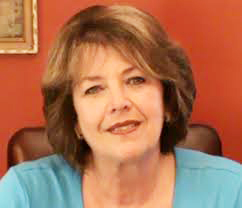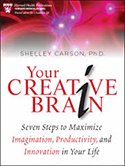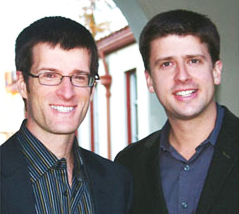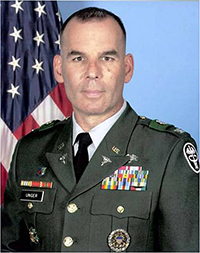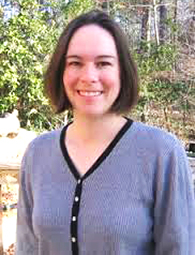
Melanie Green, PhD
“Audiences immersed in narrative stories are less likely to counterargue with key messages. This approach has greater influence on attitudes and beliefs.””There is substantial evidence that storytelling has distinct advantages with respect to stored memory and recall.”
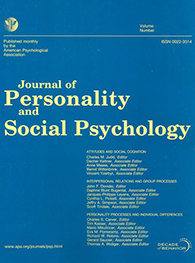
Melanie Green, PhD
University of North Carolina
Narrative Impact: Social and Cognitive Foundations
Journal of Personality and Social Psychology
![]() “Research has shown that improvements in mental health and general well-being result through sharing of stories.” – Feb 2014
“Research has shown that improvements in mental health and general well-being result through sharing of stories.” – Feb 2014
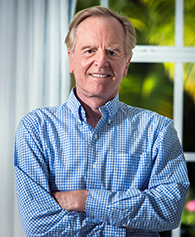
John Sculley
“Gerard, you are in the sweet spot of a big juicy healthcare problem. Adherence is a chronic problem and on everyone’s radar in healthcare. You are right there proving you can drive engagement. You offer a better way forward.”
John Sculley
former CEO Apple and PepsiCo.
Healthcare IT investor

“Storytelling interventions produce substantial and significant improvements in patient health. Especially cancer, high blood pressure and mental health.”
Annals of Internal Medicine

Larry Smarr, PhD
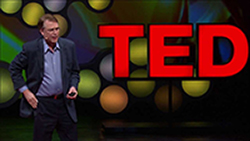 Larry Smarr, PhD
Larry Smarr, PhDBig Data Scientist, a founding father of the Internet
Director, Supercomputer Center, UC San Diego
California Institute for Telecommunications and Information Technology

James Rosser, MD, FACS
“Gerard, I love what you are doing here. You are telling stories that have a clear objective. They are believable and passionate. It’s not manipulating or managing people. It’s about engagement. This is the way to move providers and patients to action.”
James Rosser, MD, FACS
Advanced Laparoscopic Surgeons
Celebration Health

“Storytelling approaches benefit those with lower health literacy and lower self-efficacy for understanding data and information.”
Annals of Behavioral Medicine

Pamela Rutledge, PhD
“Our brains still respond to content by looking for the story to make sense out of the experience. No matter what the technology, the meaning starts in the brain. This is the psychological power of storytelling. Stories are authentic human experiences. Stories leap frog the technology and bring us to the core of experience.”
Pamela Rutledge, Ph.D., M.B.A.
Director Media Psychology Research Center
Fielding Graduate University -UCLA Extension

“Narrative communication (storytelling) is emerging as an important tool for cancer prevention and control.”
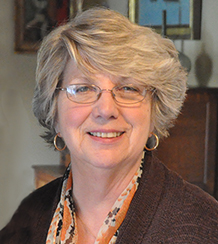
Marsha Linehan, PhD
“Gerard, the power of your stories to move people and be remembered is impressive. I embrace the idea that stories actually shape our behaviors and our lives. We become the stories we tell about ourselves.”
Marsha Linehan, PhD
Developer of DBT Therapy combining behavioral science and mindfulness
Professor & Director, Behavioral Research and Therapy Clinics
University of Washington
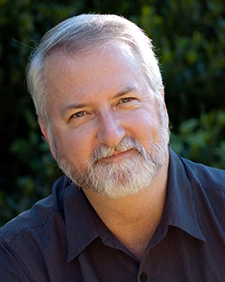
Eric Rasmussen, MD, FACP
“Gerard, this is a remarkable idea. Timely and needed more than the vast proportion of American healthcare system realizes. More than ever providers are spread thinly, with very poor evaluation metrics for who’s at greatest risk for a number of behavioral issues, e.g. suicide, PTSD, addiction. This new methodology and intervention offers implications for organizations desiring to expand outreach, increase effectiveness and improve human-to-human connections.”
Eric Rasmussen, MD, FACP
CEO, Infinitum Humanitarian Systems
Instructor, Humanitarian Informatics, Singularity University
Former Chairman, Department of Medicine and Fleet Surgeon, US Navy
Former CEO InSTEDD (TED Prize NGO, Google.org funded)
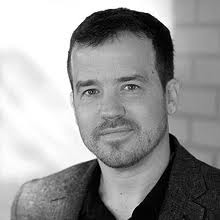
Jonathan Gottschall
“Neuroscience of brains on fiction (viewing stories) gives us a clue. If you slide a person into an FMRI machine that watches the brain while the brain watches a story, you’ll find something interesting–the brain doesn’t look like a spectator, it looks more like a participant in the action. Stories powerfully hook and hold human attention because, at a brain level, whatever is happening in a story is happening to us and not just them.”
Jonathan Gottschall
Author The Storytelling Animal
American literary scholar
Washington and Jefferson College in Pennsylvania.

“Audience attention, recall and response are enhanced by storytelling.”
E. Peters, PhD
Psychological Science
“Gerard, the professional worlds of law, business, medicine and behavioral health heavily use cognitive approaches. We were trained this way. The problem is we are speaking to the wrong brain. After years of work in mediation, conflict resolution and substance abuse I have become a believer in your story approach. Emotive Storytelling connects with the “right” brain. It connects with people in the right way.”
Bill Eddy, LCSW, JD
CEO High Conflict Institute
Mediator, Attorney, Licensed Clinical Social Worker & Author
Family Law Specialist and International speaker
Faculty, School of Law at Pepperdine University and the National Judicial College
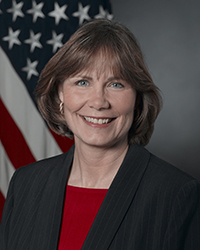
Ellen Embrey
“Gerard, your approach and platform tools enable individuals to see, learn and feel their way through challenges and outcomes. Emotive Storytelling brings meaning to people regarding their issues. That’s powerful.”
Ellen Embrey
Managing Partner, Stratitia & 2c4 Technologies
Former Acting Assistant Secretary of Defense for Health Affairs
Former Acting Director, Tricare Management Activity, Military Health System
Former Deputy Assistant Secretary of Defense for Force Health Protection & Readiness

“In the rapidly growing field of health communication, narrative approaches (storytelling) are emerging as a promising sent of tools for motivating and supporting health behavior change.
“Health Education and Behavior Journal
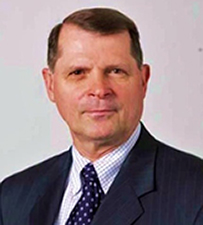
Richard Satava, MD, FACS
“Gerard, this digital storytelling strategy is a revolutionary intervention ideal for the emerging vision of healthcare. We are finding that technology alone is not moving the meter in improving patient outcomes at the level we need. Your emotional approach combined with mobile health and big data has great promise for bringing humanity, healthcare and technology together in a meaningful way.”
Richard Satava, MD, FACS
Healthcare Future Visionary
former Senior Science Advisor, US Army Medical Research & Command
former Program Manager, Advanced Biomedical Technology Program
Defense Advanced Research Projects Agency – DARPA

“Storytelling offer distinct advantages: overcoming resistance, facilitating understanding, providing surrogate social connections, and presenting emotional and existential issues.”
School of Public Health, St. Louis University
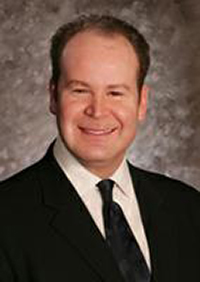
Marc Neff, MD
“Gerard, I believe your tools can transform transform and equip us as physicians…and help address a national public health crises. Much of my profession has gotten consumed in distractions and changes underway in our healthcare system. We have fallen into a pattern of prescribing more and more medicine, a “pill for every ill.” We have gotten away from how we make people better. You’ve opened my eyes to what is possible by facilitating the doctor-patient relationship. Emotive Storytelling takes us back to what made medicine a noble healing profession and moves us forward with an engaging format for both patients and providers to benefit.”
Marc Neff, MD, FACS
Director, Bariatric Surgery Program
Eat 2 Beat Obesity
“Gerard, the genius of your team’s storytelling work for the Department of Defense military health projects focused on web-based mental health self-help for service members, veterans and their families is making a difference. It really resonates. The Emotive Storytelling approach and tools are fabulously creative and powerfully effective.”
Shelley Carson, PhD
Department of Psychology, Harvard University
Author Your Creative Brain
former subject expert, National Center for Telehealth & Technology, Afterdeployment.org
Defense Center of Excellence for Psychological Health / TBI
“When we are trying to build a case for something, most of us instinctively grasp for hard numbers. But in many cases this is exactly the wrong approach. How do we get people to care about our ideas? We make them feel something. How do we get people to act on something? We tell stories.”
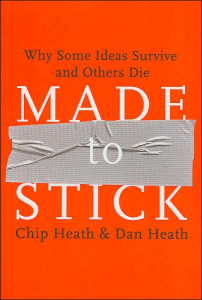
Chip Heath & Dan Heath
Authors, Made to Stick, Switch and Decisive
“Gerard, your approach is engaging, encouraging and supportive of behavior change and strategic change. It is a method for resolving an issue before it grows into something much worse. It is also a powerful way to drive adoption and accelerate learning. For organizations it can ultimately reduce overall system cost. This is clear, brilliant and spot on.”
Jeffrey Unger
Managing Partner, Stratitia & 2c4 Technologies
Former Chief of Staff, US Army Medical Research and Materiel Command
Former Commander, US Army Medical Command
Former Joint Staff Surgeon, Joint Chiefs of Staff



